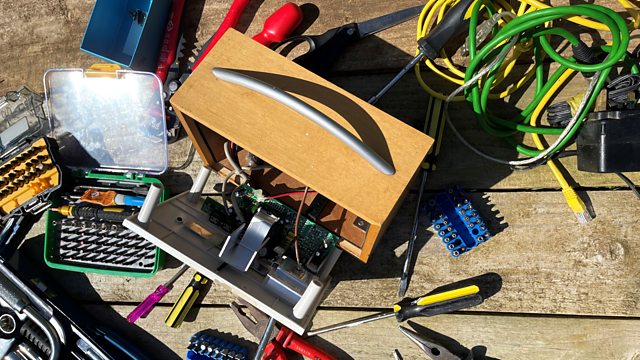How We Broke the Future
Mark Miodownik examines why electronic gadgets and household goods don’t last and are hard to repair and what’s being done to fix the problem.
We love our electronic gadgets, gizmos and appliances. But when it comes to repairing and caring for them, UK citizens are second only to Norway when it comes to producing electronic waste. We have a culture of buying single-use, throwaway, cheaper-the-better, irreparable electronic goods. But the Age of Consumerism is over. If the kettles, toasters, phones and fridges we buy aren’t made to be repairable, and aren’t repaired, we are going to run out of things to buy, stuff to make them from and money to buy them with. Dare to Repair explores how we got to this unsustainable state, explores the fightback, whether it’s through global legislation or individual groups, and empowers listeners to prolong the life of their electronics and mechanical goods by fixing them.
Episode 1- How We Broke the Future
Materials scientist Professor Mark Miodownik of UCL looks back to the start of the electronics revolution to find out why our electronic gadgets and household goods are less durable and harder to repair now. As he attempts to fix his digital clock radio, he reveals that the drive for cheaper stuff and advances in design and manufacturing have left us with a culture of throwaway technology and mountains of electronic waste.
Presenter - Mark Miodownik
Producer - Fiona Roberts
Last on
More episodes
Previous
You are at the first episode
Next
Broadcasts
- Tue 27 Apr 2021 11:00Βι¶ΉΤΌΕΔ Radio 4
- Mon 3 May 2021 21:00Βι¶ΉΤΌΕΔ Radio 4

